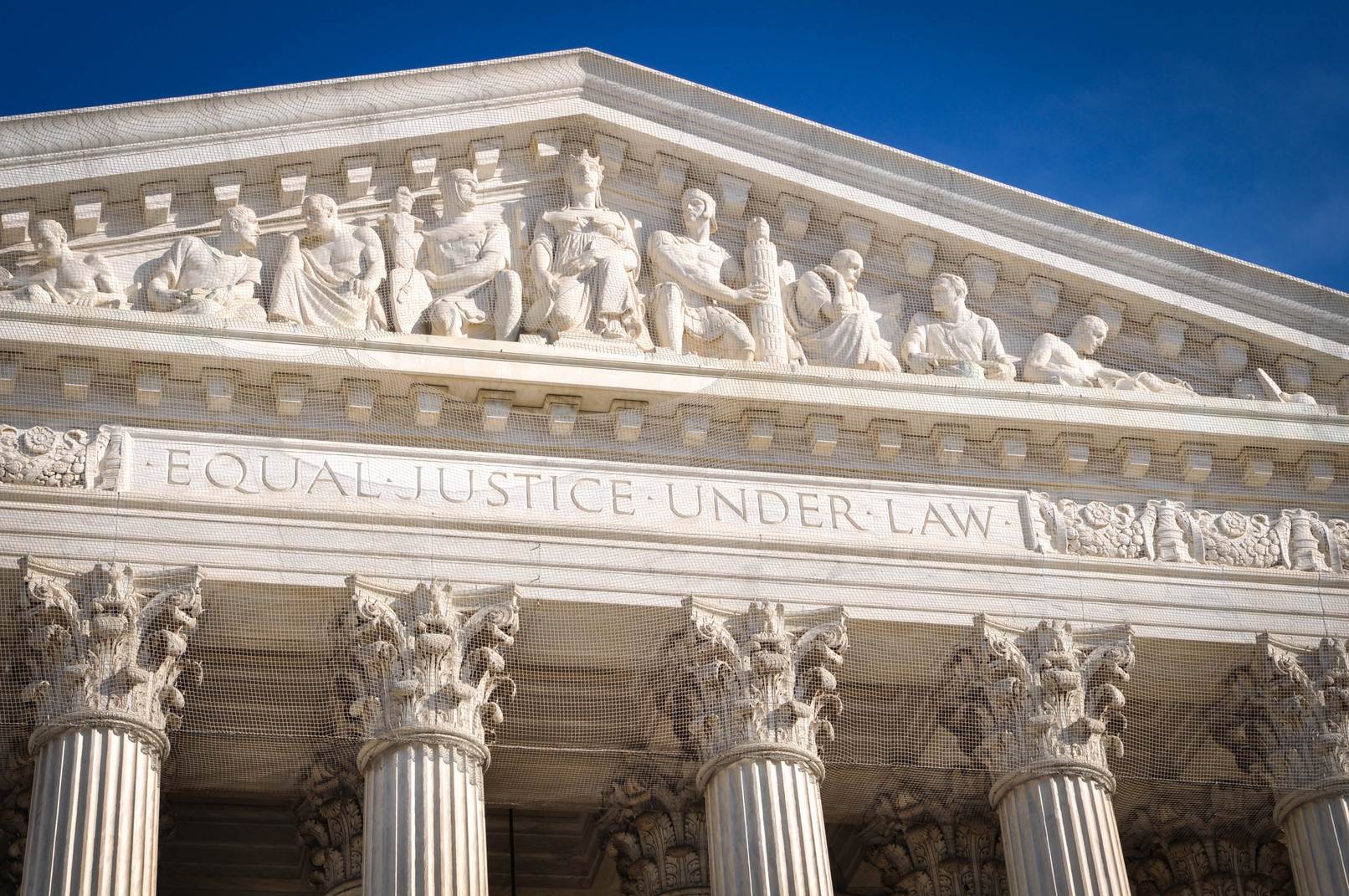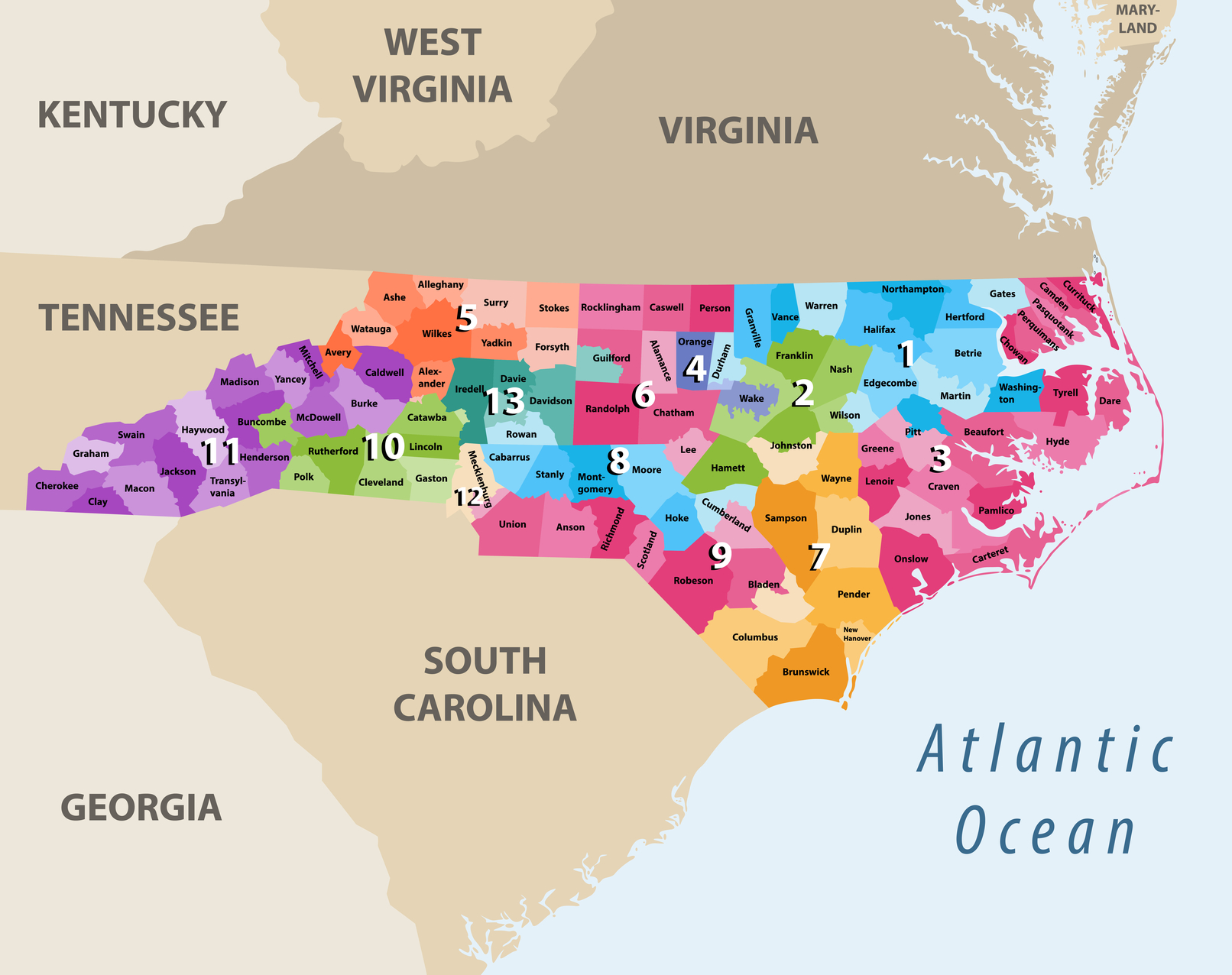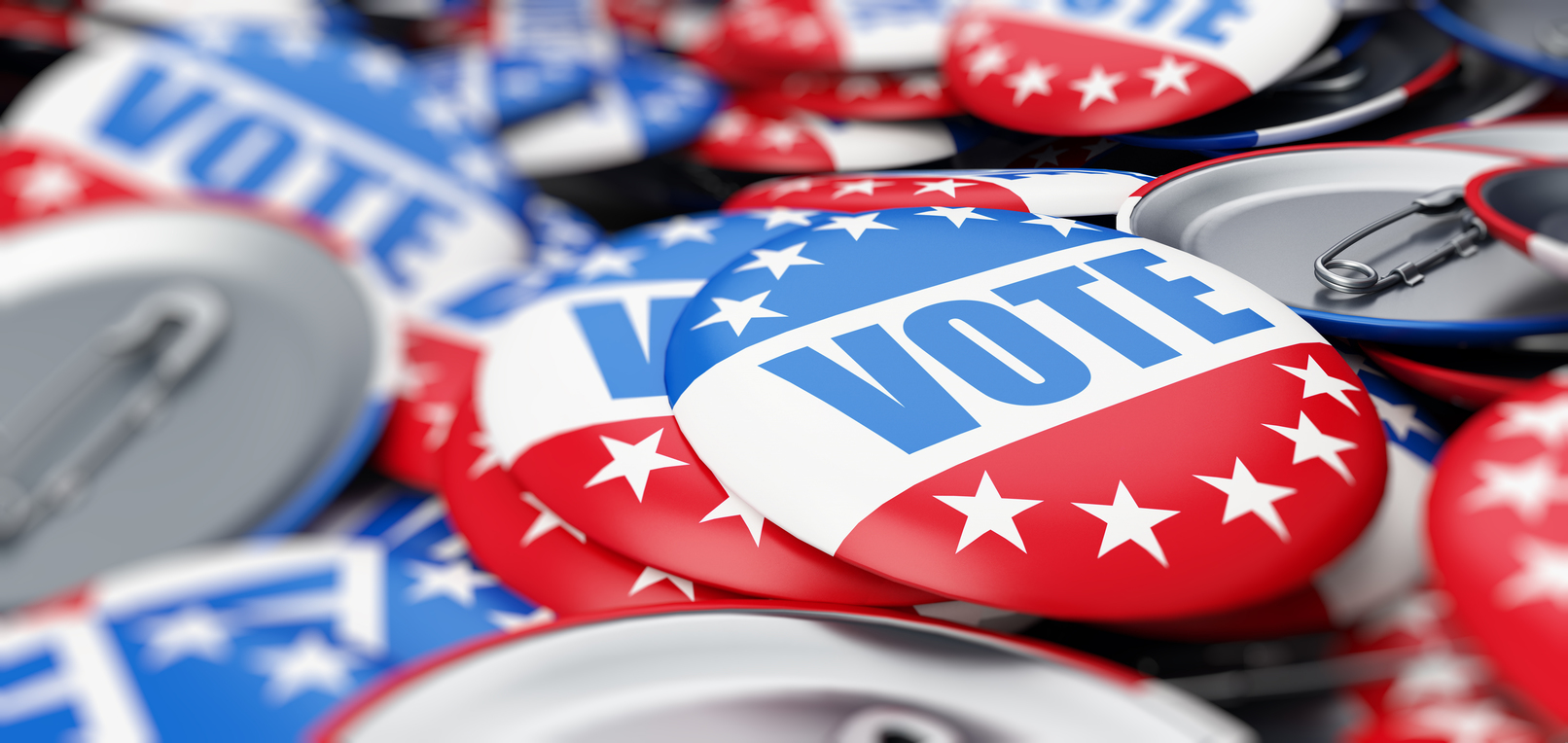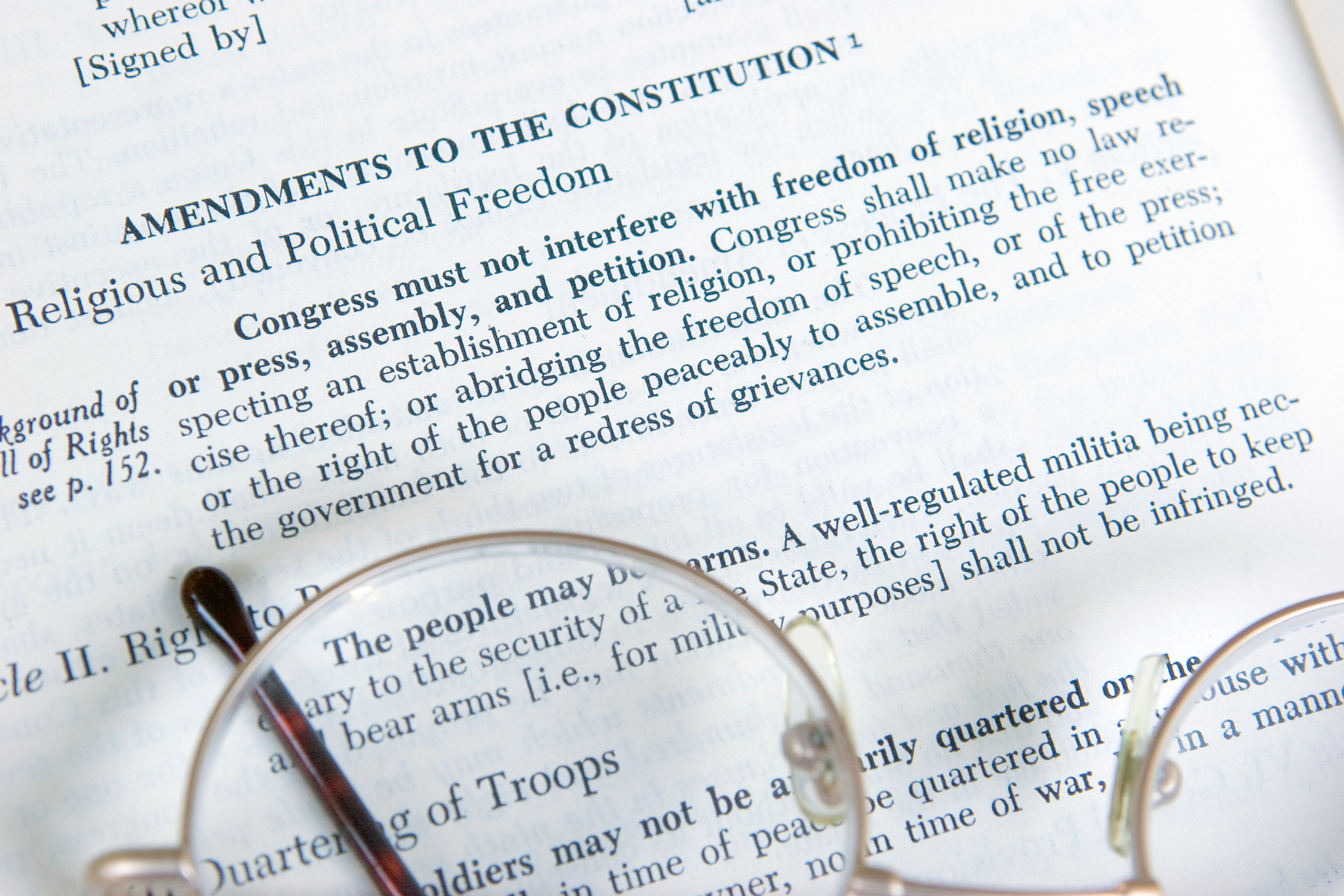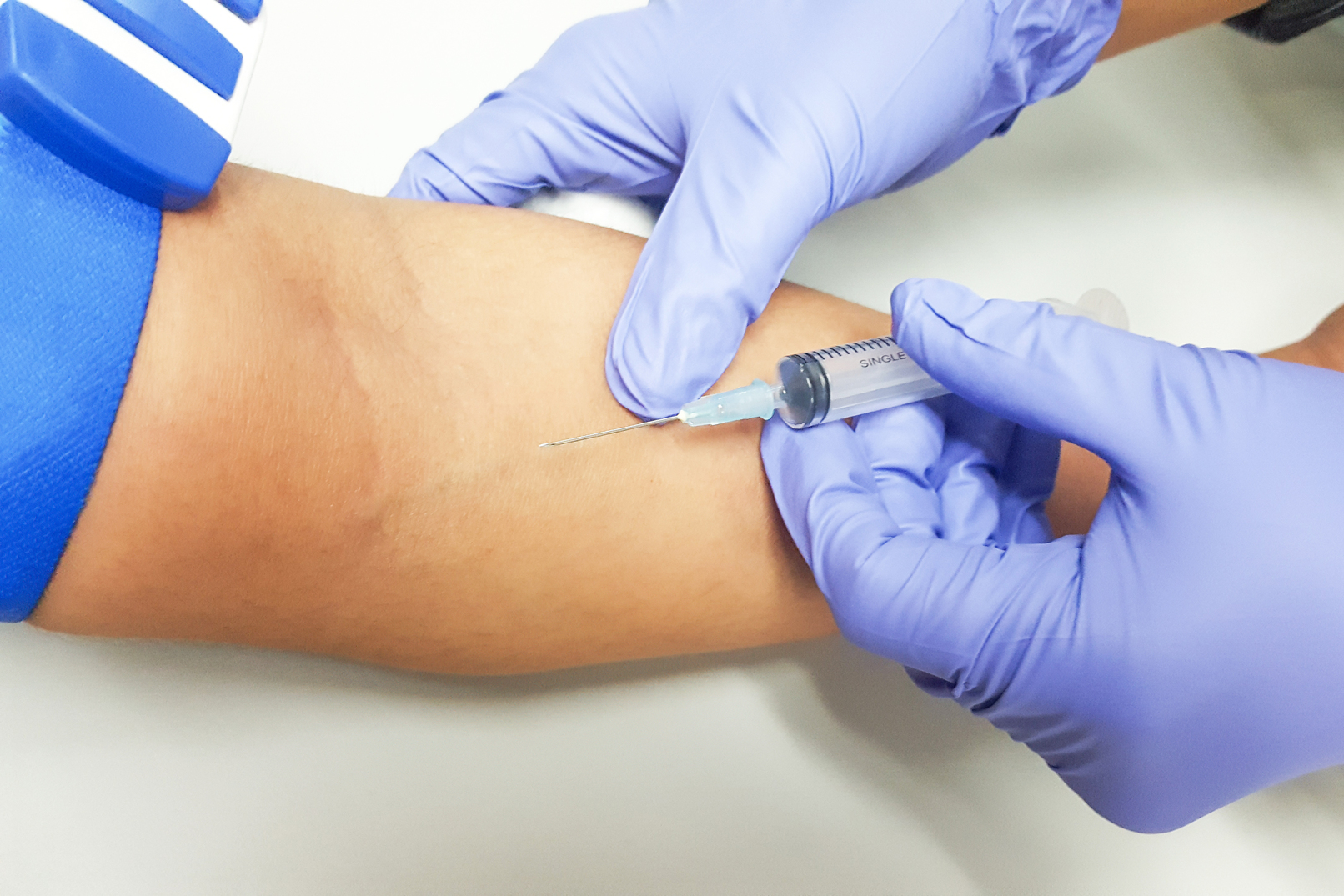Operators of websites on which users advertise firearms for sale are not legally responsible for illegal sales and resulting injuries or deaths.
Articles Posted in US Supreme Court
This week marked the end of the U.S. Supreme Court's 2018–2019 term, and, as is typical for this last week, the Court issued some highly anticipated (and some highly divisive) decisions.
On Monday, June 24, 2019, the United States Supreme Court issued a decision in Iancu v. Brunetti, 588 U.S. ___ (2019), holding that the Lanham Act's bar on registration of immoral or scandalous trademarks violates the First Amendment. At issue in the case is the trademark FUCT, pronounced as four letters, which is the clothing brand founded by Erik Brunetti. Justice Elena Kagan, writing for the majority, wrote that the Lanham Act's bar on immoral or scandalous trademarks is viewpoint-based discrimination in violation of the First Amendment.
On Monday, May 13, 2019, the United States Supreme Court granted certiorari in Apple, Inc. v. Pepper, 587 U.S. __ (2019). Four iPhone users sued Apple, Inc., alleging that the company monopolized the app market, which resulted in higher-than-competitive prices for apps. Apple argued that the consumer-plaintiffs were barred from suing Apple since the consumer-plaintiffs were not "direct purchasers" from Apple, as defined in Illinois Brick Co. v. Illinois, 431 U.S. 720, 745-746 (1977). The District Court agreed with Apple, while the Ninth Circuit Court of Appeals reversed and concluded that the consumer-plaintiffs were direct purchasers because they purchased the apps directly from Apple.
Rookie justice Brett M. Kavanaugh seemed to take the place of Justice Kennedy during the arguments, suggesting that some partisan gerrymandering can be so extreme that it is unconstitutional.
Recently, the U.S. Supreme Court, along with judges in a dozen or so other states, has been considering issues of gerrymandering. The courts have primarily questioned whether mapmakers have gone too far by manipulating legislative district boundaries for the advantage of a preferred political party.
US Supreme Court Justice Clarence Thomas is (in)famous for remaining silent during oral arguments, but last week during the oral argument of Flowers v. Mississippi, he broke his silence to ask a question. The case presents a question about whether a Mississippi prosecutor engaged in unlawful exclusion of jurors on the basis of race in the series of trials of Curtis Flowers, who was charged with several murders.
The US Supreme Court issued three decisions this week. In the first, Moore v. Texas, the Court reversed the Texas Court of Criminal Appeals on a death penalty case that had already come before the Court once, during its 2016 term. This time, the Court made its decision without oral argument. In a per curiam (unsigned) opinion, the Court held that the Texas court's redetermination that the defendant in that case does not have an intellectual disability and is thus eligible for the death penalty is inconsistent with with the Court's earlier decision in the same case.
On Tuesday, February 19, 2019, the United States Supreme Court denied certiorari in Katherine Mae McKee v. William H. Cosby, Jr., 586 U.S. ___ (2019), a lawsuit concerning Katherine McKee's claim against Bill Cosby for defamation where Cosby's lawyers released a letter allegedly damaging McKee's reputation for truthfulness and honesty. The First Circuit found McKee became a limited-purpose public figure when she made sexual assault allegations against Bill Cosby and, as such, would need to prove that the statements in the letter were both false and made with actual malice. United States Supreme Court Justice Clarence Thomas, writing a concurring opinion in the Supreme Court's denial of certiorari, called for a reconsideration of the doctrinal basis for First Amendment cases concerning defamation and libel.
On Friday, January 11, 2019, the United States Supreme Court granted certiorari in Gerald P. Mitchell v. State of Wisconsin (Docket No. 18-6210). The case questions whether a civil implied-consent statute in Wisconsin, permitting police officers to draw the blood of an unconscious driver, without consent, is constitutional.


